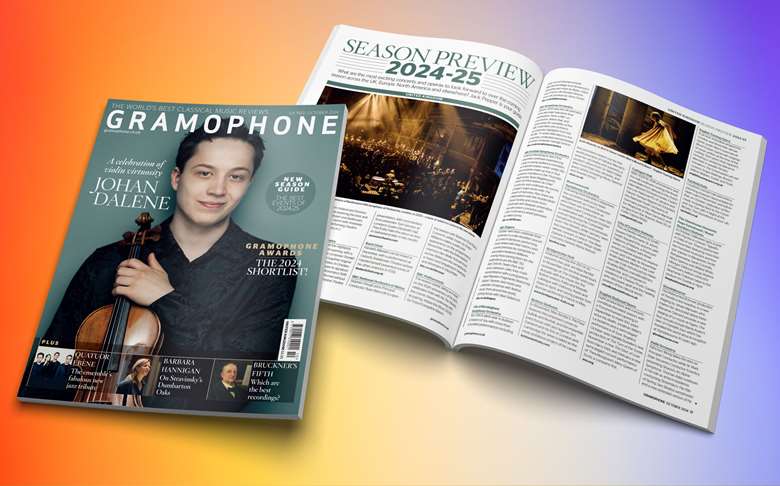Welcome to the new season! Concerts, operas and events worldwide
Jack Pepper
Monday, September 16, 2024
Jack Pepper is your guide to the themes and highlights awaiting us across the coming year

Register now to continue reading
Thanks for exploring the Gramophone website. Sign up for a free account today to enjoy the following benefits:
- Free access to 3 subscriber-only articles per month
- Unlimited access to our news, podcasts and awards pages
- Free weekly email newsletter










